Conferentie SALAD-SUSTAIN Conference | Saline Agriculture: state of the art and the prospects of impact investment
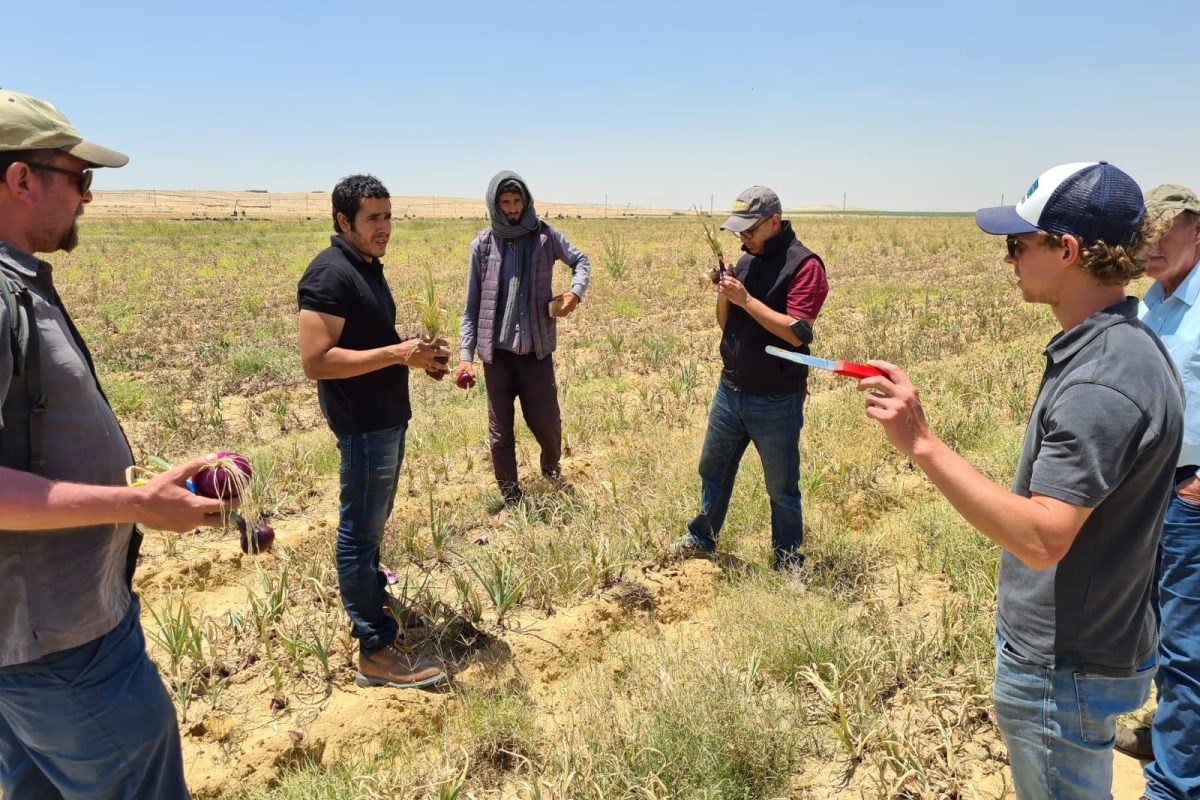
Foto's
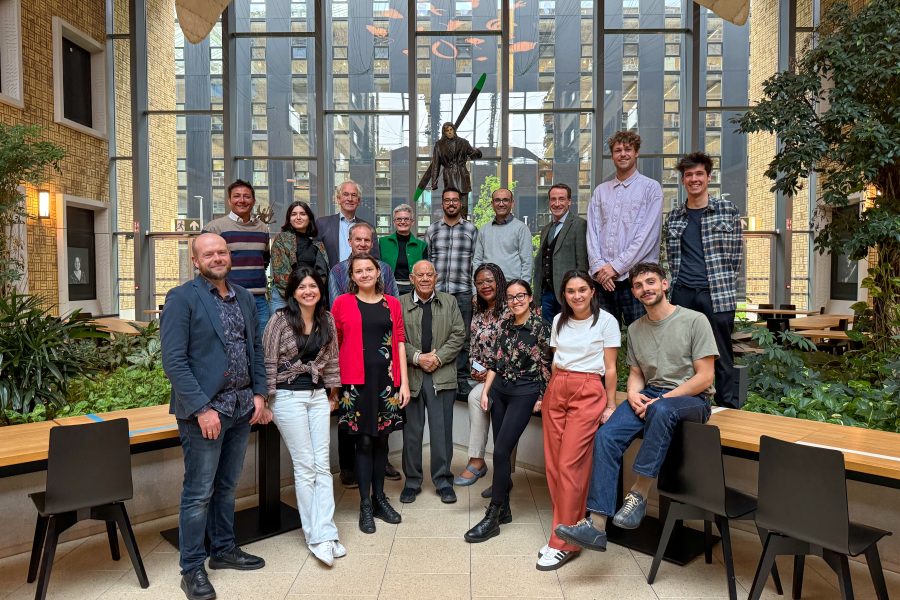
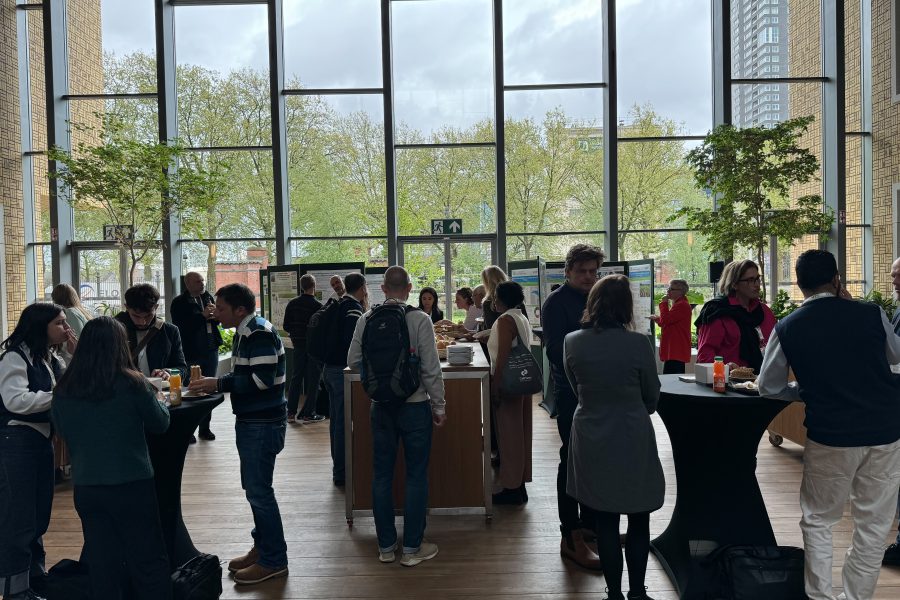
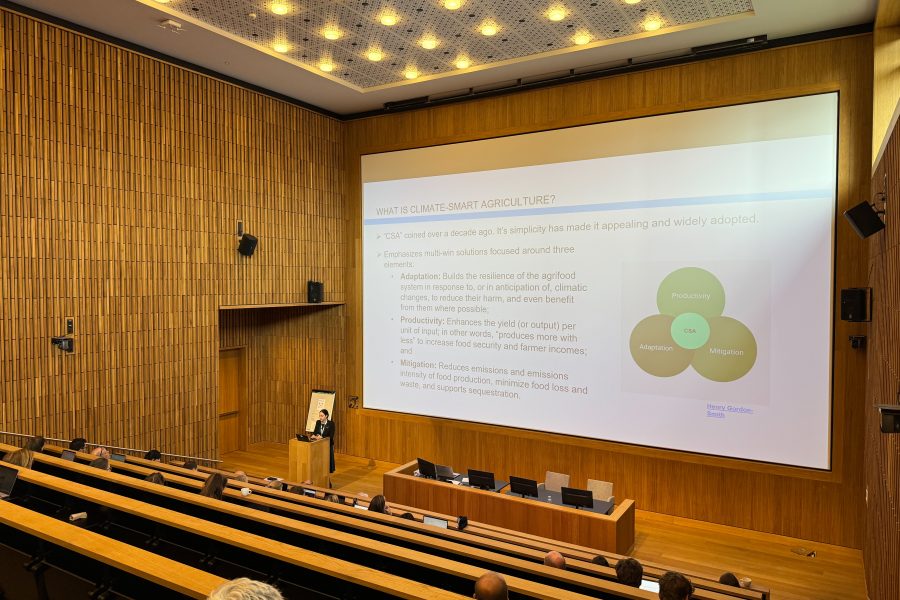
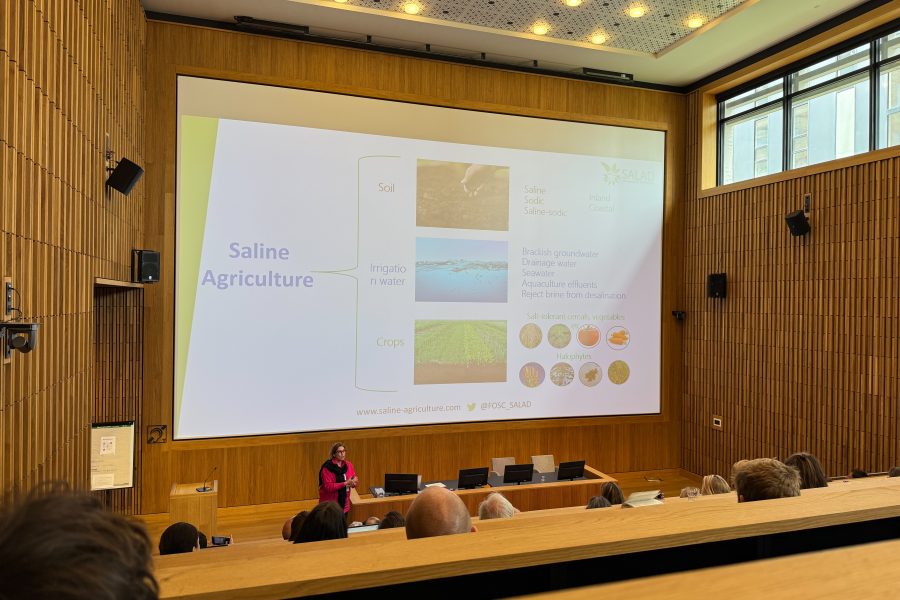
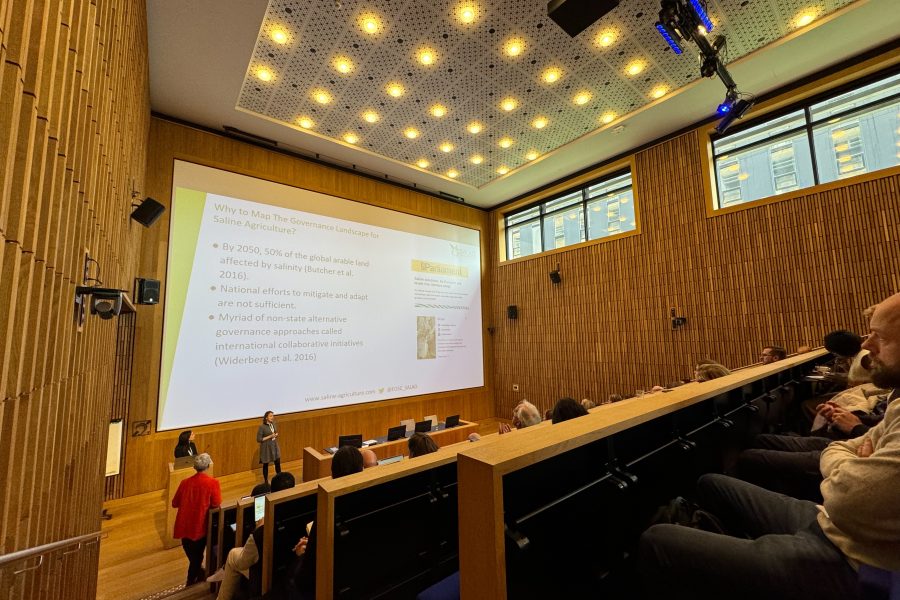
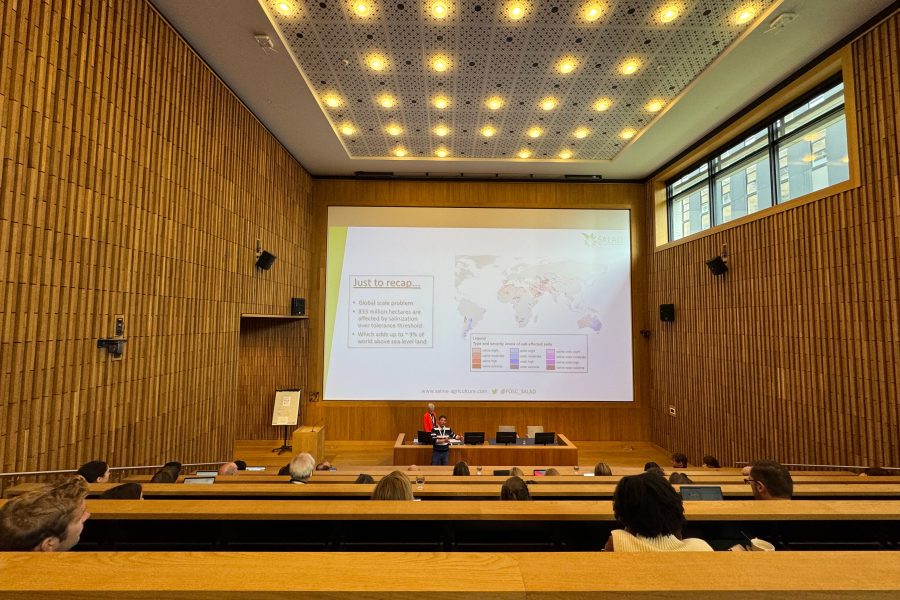
The global challenge of climate change significantly impacts food production, especially in areas where arable land is increasingly affected by drought and salinization. Many agricultural areas in Europe and North Africa are suffering droughts, sea level rise and related salinization. Fortunately, research and recent field experiments demonstrate that a combination of selected crop varieties and dedicated soil management can produce favourable yields even on salt-affected soils.
On April 16, 2024 we would like to present in Brussels the results of a three-year SALAD project focused on EU and North Africa on upscaling saline agriculture, including the opportunities and barriers for impact investing. The project partners are from Belgium, Germany, Egypt, Italy, Morocco, and the Netherlands. The conference is supported by the new COST Action SUSTAIN that offers an opportunity to follow up on the outcomes.
We aim to bring together a diverse group of stakeholders such as farming organizations, policymakers, development NGOs and impact investors like development banks, microcredit organizations, and more.
Please register and indicate which parts of the program you intend to join:
Join us in exploring how to deal with increasing salinization and review the ways and means to develop and invest in successful business cases.
Deadline registrations April 1, 2024.
Download presentaties
- 14 Funding for adaptation to climate change
- 13 A framework for the evaluation of investment proposals
- 12 A review of succesful business cases
- 11 The need for funding
- 8 Future perspective innovations
- 7 Upscaling saline agriculture
- 6 Governace landscape for saline agriculture
- 5 Climate scenarios and salinity maps
- 4 Saline farming stakeholder mapping
- 3 Nutritional characteriatics and taste of saline farming crops
- 2 Crops for saline farming
- 1 Salinization a growing challenge
- 10 Climate change challenges and opportunities in saline agriculture examples of WB financed projects
Programma
| State of the art, including results of SALAD research (SALAD project) and field experiments presented and discussed in the larger framework of food production and sustainable livelihoods in areas with increasing salinization. | |
| Lunch and poster session | |
| Impact investing and policy workshop, about opportunities and barriers for investors in saline agriculture, including a review of successful business cases and presentations by development NGOs, impact investors, and government policy makers. |